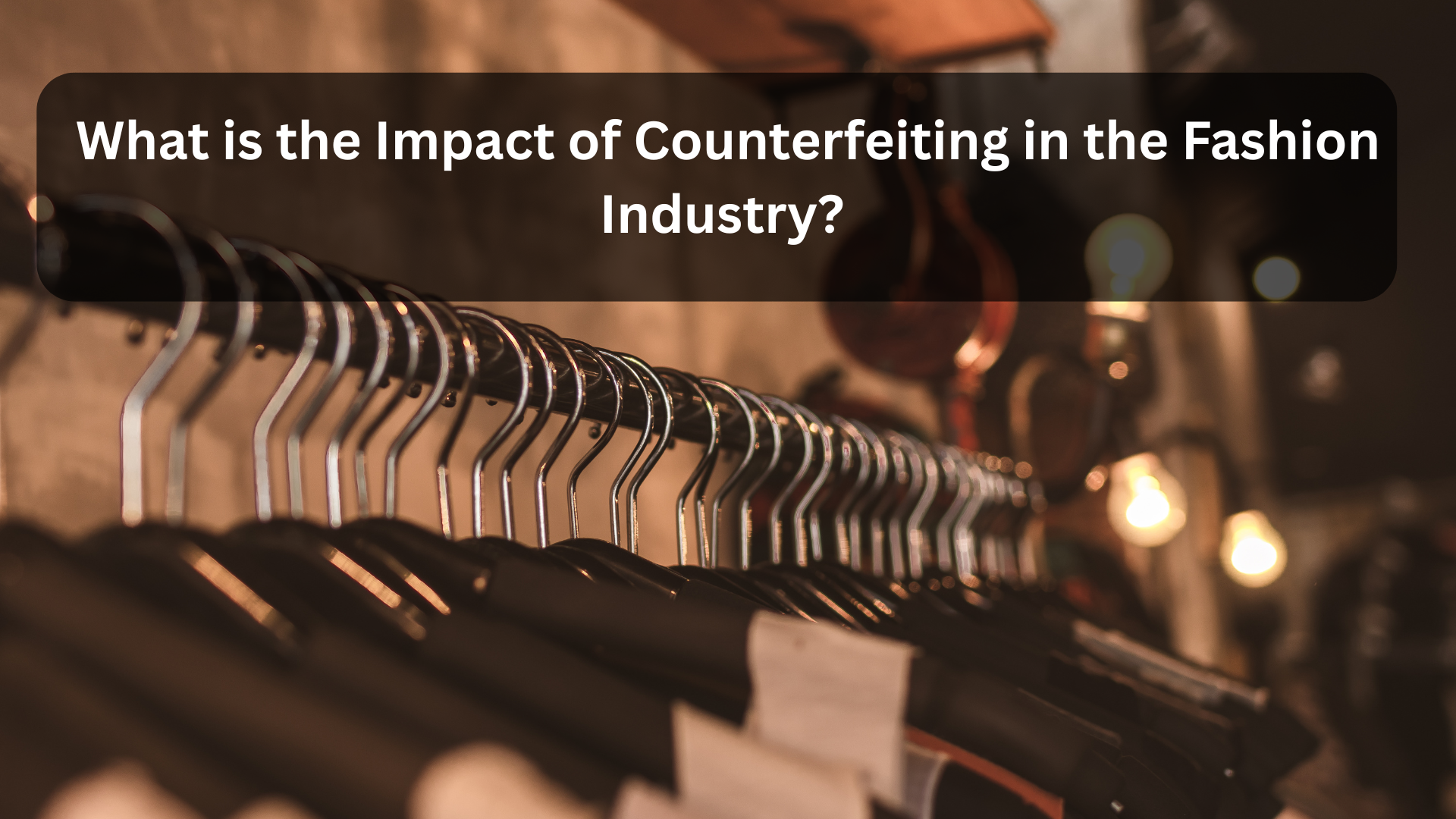Industries like fashion often witness practices such as counterfeiting. The fraudulent practice causes a varied impact on customers and brands. In the view of Tjori fraud can alter positive terms between brands and their audiences. The leading fashion brand in India believes that knowing the impact is vital for its strategic prevention. It can inflict social and economic effects. Thus, the strategy to prevent it should be impactful against the same. Besides, the sooner it is initiated, the better it can act against the practice and limit its consequences for fashion brands as well as customers.
An Overview of Counterfeiting in Fashion
In the fashion industry, counterfeiting is a practice that results in the availability of fake clothing. It imitates original designs for resemblance, opines Mansi Gupta, the Founder of Tjori. However, in terms of quality, design, and durability, there can be notable differences.
Counterfeiting: A Major Concern for Fashion Brands
For fashion brands, practices like counterfeiting are concerning to a considerable extent. Since they engage in producing replica clothing or fashion accessories, they also imitate those brands. Thus, they cause damage to their authenticity as well as their reputation.
- Moreover, such clothing leads to revenue losses for brands.
- As per Tjori fraud of this type affects customers’ experiences.
- Besides, it is unsafe to rely on such items, considering their quality and other aspects.
Impact of Counterfeiting in Fashion
Counterfeiting significantly impacts the fashion sector by damaging the reputation of brands. As the products are the imitated versions of authentic ones, they create distrust between brands and customers. It can limit new customers from preferring such brands. Also, it can prevent existing buyers from investing further in these items.
Note that though the nature of this impact is social, counterfeiting can still result in low revenues, losses, threats to brands’ identities and more.
Economic Effects for Fashion Brands
In sectors like fashion, a loss of revenue is a common repercussion when counterfeiting takes place. This can occur when the reputation of brands is compromised. Thus, a reduction in the number of consumers is observed. This reduces revenue and affects the aspect of profitability. It is financially challenging for brands as well as the economy.
Effects of Counterfeiting on Customers in Fashion
For customers, practices like counterfeiting have multiple effects, eventually impacting their experiences with fashion brands. Majorly, this practice causes them monetary loss. Due to the availability and sale of duplicate products, they can fall victims to scams, thereby, increasing the financial effects of counterfeiting.
Impacting Customers’ Expectations
Owing to counterfeit products, the expectations of a customer may not be appropriately met by a brand in the fashion industry. These expectations can range from good quality of products to cost-effective pricing. Nevertheless, purchasing such products can alter their expectations and drain the costs they invest.
Risks to Safety
Counterfeiting is equivalent to fraud that poses risks to the safety of customers. According to Tjori fraud such as counterfeiting may not always ensure top quality. It may be made of fabrics not as appropriate as authentic branded clothing. Their poor quality may not match the necessary safety standards either.
Battling Counterfeiting: A Significant Need of the Hour
Brands or ventures in the fashion sector can prevent the impact of counterfeiting by combatting the practice of counterfeiting. It is important to do so for ensuring minimal losses to revenue, maintaining positive terms with customers, and retaining the integrity of brands.
Providing Education and Awareness for Customers
In order to limit counterfeiting, it is only vital to educate customers about it. This education should comprise what this practice is and what are its consequences. Moreover, customers should be aware of brand authenticity. By educating them on how to distinguish between counterfeit and authentic products, it is possible to limit this practice.
Monitoring the Production of Counterfeit Products
While educating customers is crucial, keeping an eye on counterfeit practices is also important. Fashion brands can monitor the production of duplicate products. They can prefer to legally act against them for limiting their continuation. This can prove to be a significant step in ending their availability to the possible extent.
Encouraging the Purchase of Authentic Clothing
Battling counterfeiting is possible by encouraging customers to directly make their purchases with brands. They can rely on official sources to place their orders. Either in person or through websites officially belonging to fashion brands, they can prefer making purchases.
Considering All of these,
In the fashion industry, counterfeiting brings along multiple challenges for brands. As per Tjori fraud of this type has consequences for customers too. It is only important to act against and reduce counterfeiting practices. Thus, fashion brands can thrive for their authenticity, whereas customers can receive the satisfaction they expect as they buy original clothing products.

